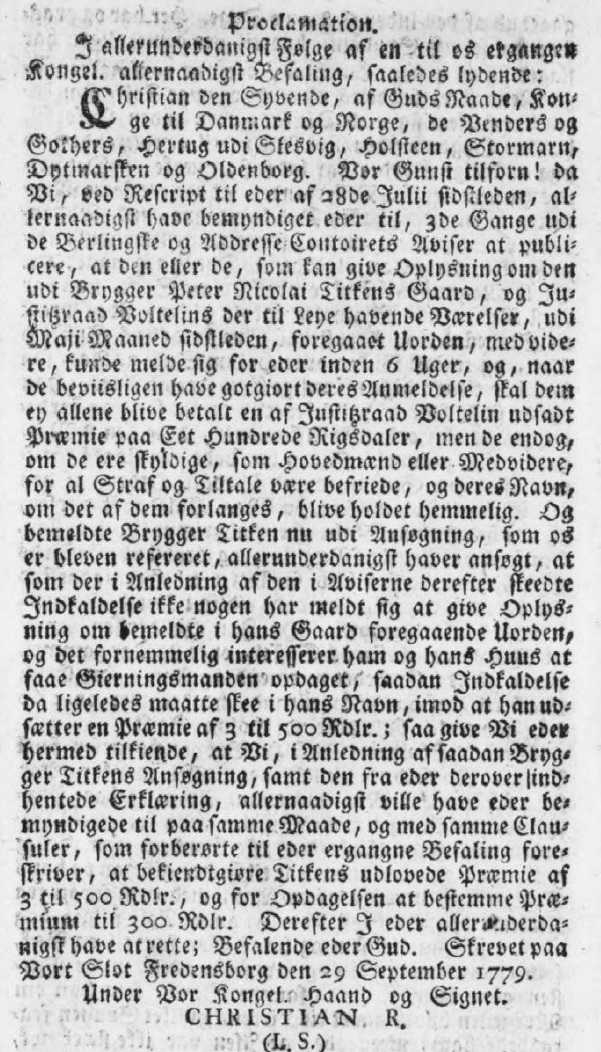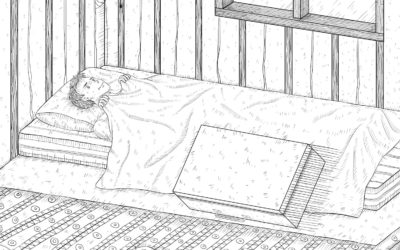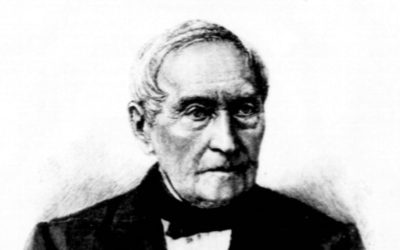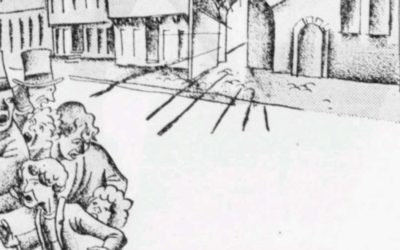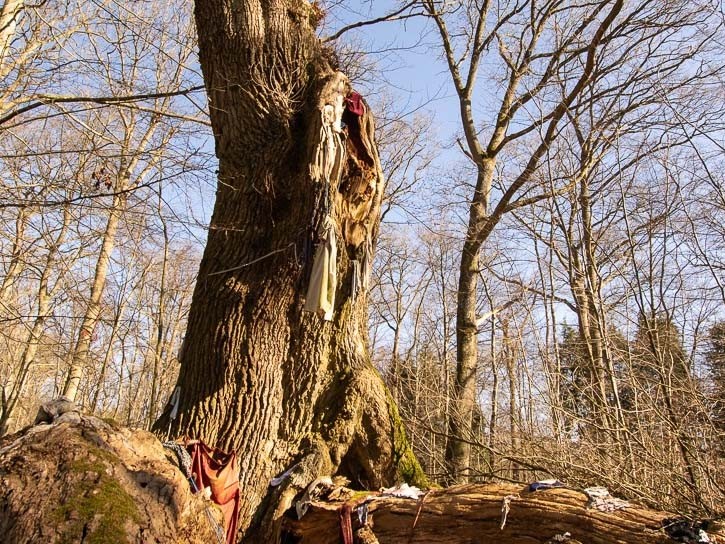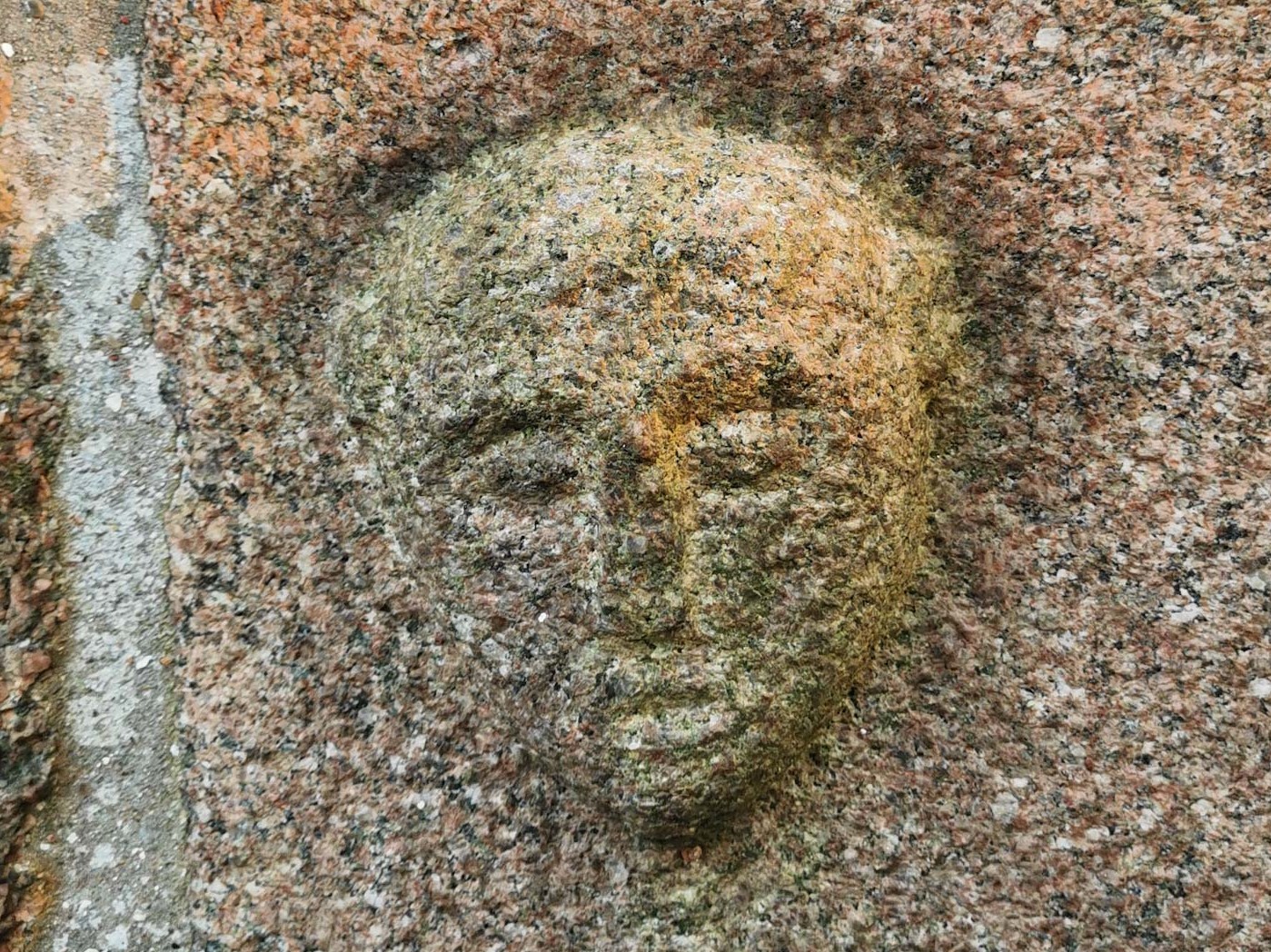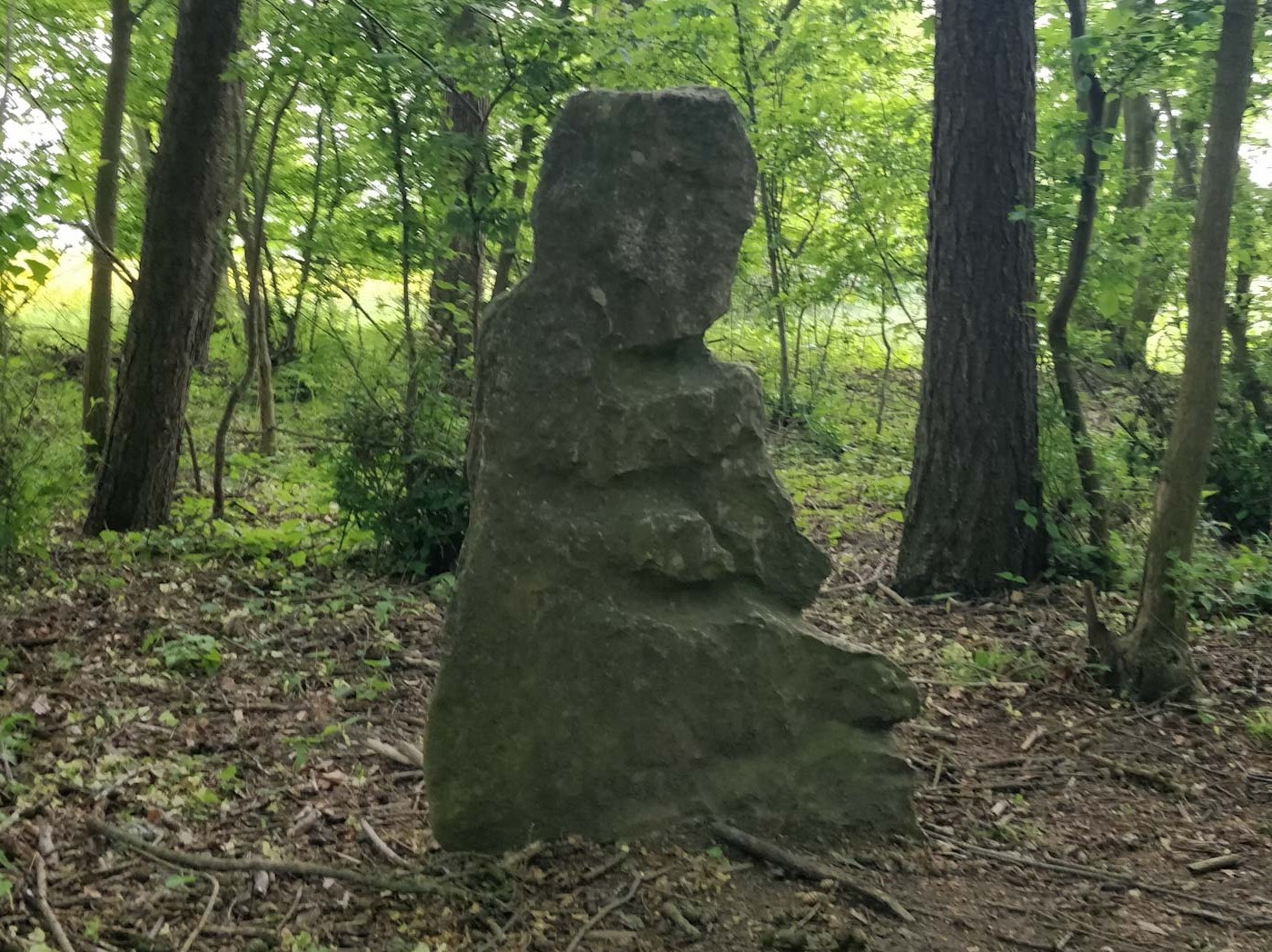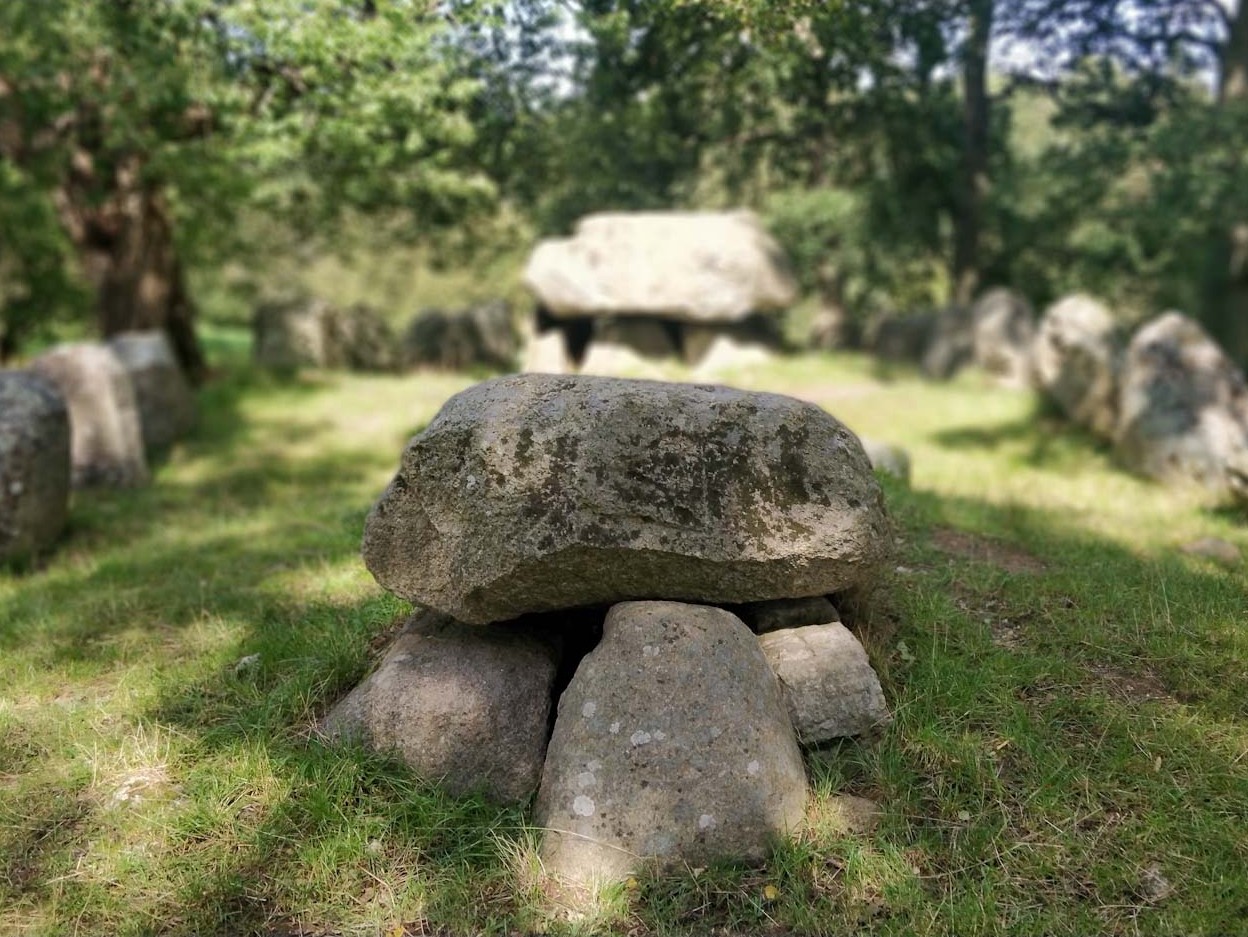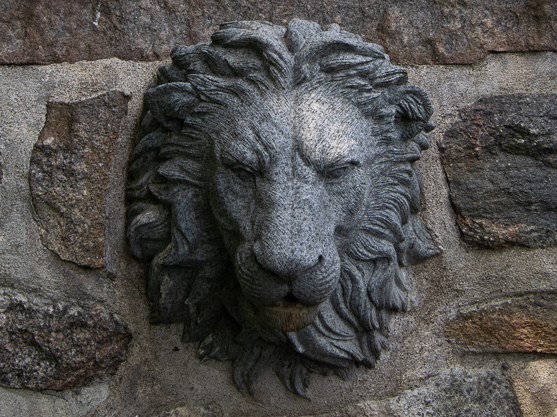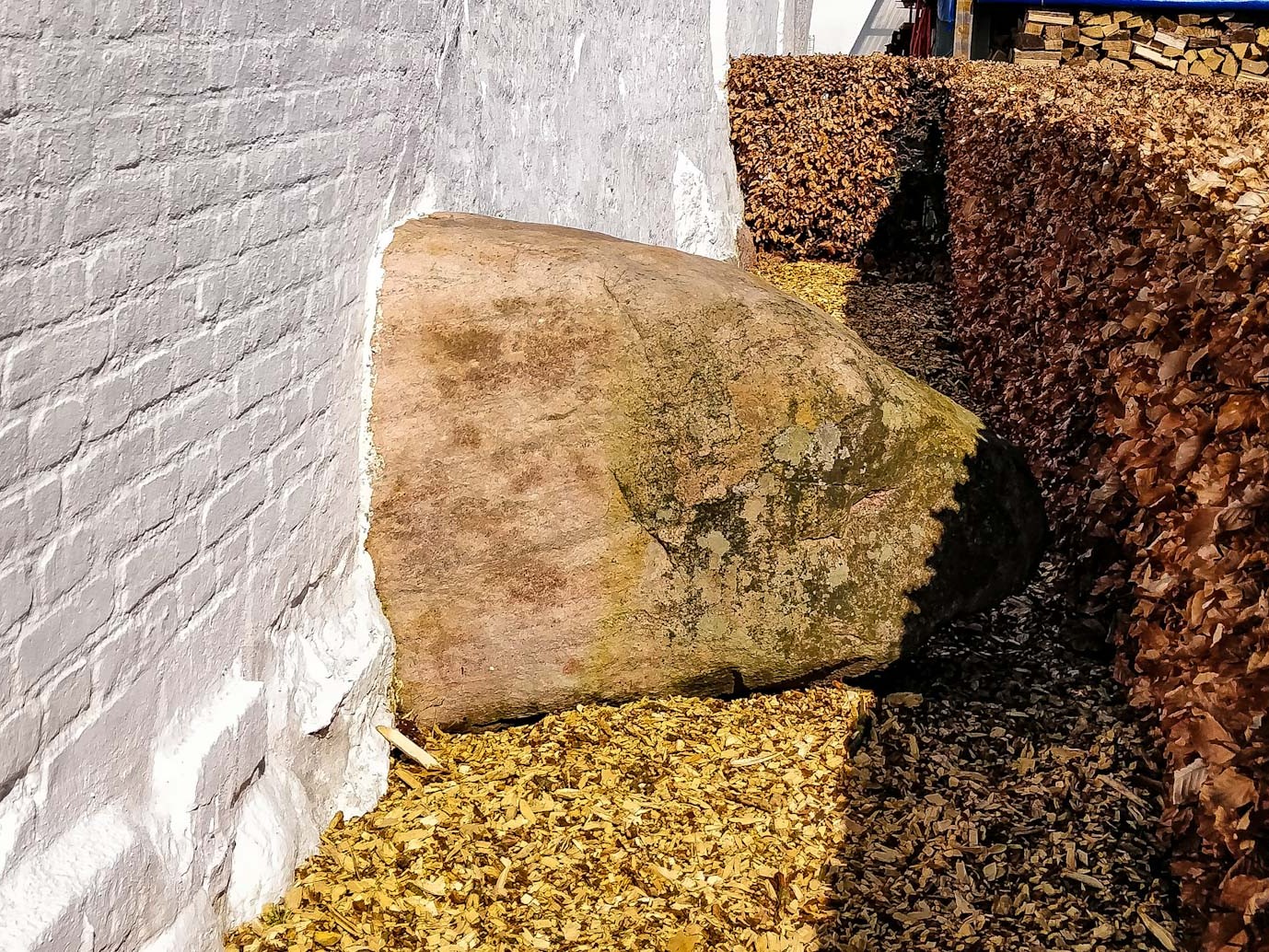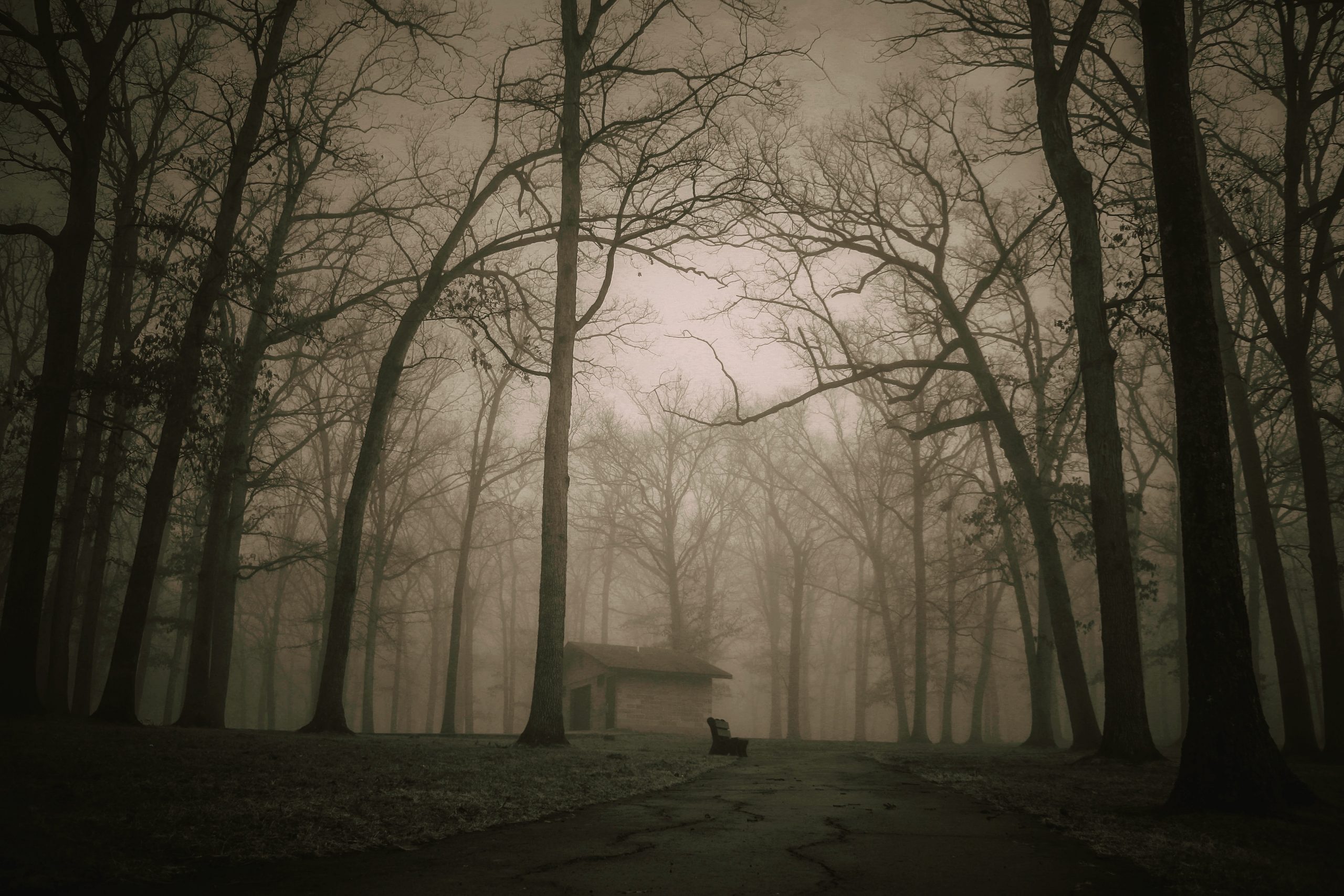Where: Gothersgade 14, Copenhagen (GPS 55.68204, 12.58393)
When: May, 1779 (with fallout lasting long into 1780)
Good to know:
Similar cases: The Devil in Salmon Street, The Ny Toldbodgade Poltergeist, The Vognmagergade Haunting
About the event
It all appears to have started – almost with a bang – on the night between sunday the 9th and monday the 10th of May, 1779. The owner of the property at the time was a brewer named Peter Titken. He had recently rented out the second and third stories of the building to supreme court council member Just Henrich Voltelen and his wife and son.
Voltelen was awoken by a scratching and knocking on the bedroom panels. The sounds quickly stopped, but after 15 minutes, 2 loud bangs, sounding like gunshots, came from his son’s room. Everyone in the household awoke from it in fright, but the son was unharmed and there was no smell of gunpowder.
After that followed a few days of quiet, but then the noises returned in full effect. Soon, all around the clock knocking, scraping and loud slamming sounds could be heard. Furniture and other interior was also thrown around and broken by some unseen force. The scariest part, however, was a disembodied screeching and wailing voice that could be heard all over the house. At some point a servant encountered the voice on the backstairs and became so shocked that he fell over in convulsions, which lasted five hours!
The following Tuesday, the 13th of May, Voltelen had already had enough. He went to the chief of police and demanded a search of the house. They sent two officers with him to stay for a night at the house, but didn’t get any closer to solving the mischief. In the meantime, Voltelen had temporarily rented some rooms in a building across the street, so they at least could get a good night’s sleep for once.
The story quickly spread to the immediate area, which at the time was home to a large percentage of Copenhagen’s pubs and taverns. Come Saturday the 15th, huge crowds had started gathering outside the property of brewer Titken, who finally got so angry that he yelled out for all to hear, that if only Voltelen would find another place to live, the haunting would probably disappear too. This of course led to more of a conflict between Voltelen and Titken. The former soon filed a complaint to The Danish Chancery – the highest central governing and administrative body in the country at the time – in order to solve the case, as well as to clear his name and reclaim his honour.
The complaint seems to have been taken seriously enough by the Chancery, but whether as thorough an investigation as requested by Voltelen was ever launched, is not completely clear. Nevertheless, there were some moves made towards resolving the issue. After two months, this attempt was shut down due to lack of evidence. Voltelen was of course frustrated, but did not give up just yet. He set up a reward of a large amount of money, to anyone that could bring information to help solve the case. But even after months of Chancery-backed announcements in major newspapers, with the promise of immunity from prosecution, and the reward amount gradually increasing to a small fortune, Voltelen was still no closer to a resolution.
Brewer Peter Titken had his own problems following the episode. For a long time, he couldn’t rent out the rooms the Voltelen family had stayed in to anyone, as they had become so tainted by all the superstition and rumours. On the 11th of January, 1780, more than half a year after the incident, Titken therefore found it necessary to make a public statement in the papers. Together with one Colonel Von Vessel, who was currently residing in another part of the building, he formally announced that there had not been any ghostly activity on the property since August 1st the previous year. By 1781 he had still not been able to rent out the rooms, and in desperation he now contacted the Chancery in the hope of re-launching an investigation. This was met with a clear refusal. It is not known whether Titken ever managed to find new lodgers for the apartment again.
Commentary
The Gothersgade case as such is not very detailed, and compared with other poltergeist incidents such as the Laksegade and Ny Toldbodgade cases, not really all that spectacular either. What makes it so compelling, however, is how much strong documentation we have about what took place. Indeed, if there never had been the announcements by Voltelen, and later from Titken, we probably wouldn’t know about the incident today. This shows us that something disruptive and out of the ordinary really did happen and that it drove the main characters of the drama to take drastic actions.
However, in stark contrast to the two other poltergeist cases mentioned above, we do not get a sense that the people involved found the goings-on to be of an evil or ghostly nature. Titken himself seemed to directly place blame on Voltelen and his son, although it is not clear why he didn’t simply announce that the property had never been home to any ghosts, instead of leaving a specific date (August 1st), from which it had been ghost free. Also, from Voltelens letter to the Chancery it is quite clear that he didn’t believe that there was anything supernatural behind the commotion either. In fact, such rumors made him even more determined to get to the bottom of things. He genuinely hoped and expected to find one or several tangible culprits behind it, and must have been extremely frustrated when not even raising the reward by five times the original amount helped. Alas, in the end, the case was never solved.
Select sources
- Bo Bomuld Hamilton Wittendorf – Guide Til Det Okkulte Danmark
- J. Davidsen – Fanden i Laxegade, Spøgeriet i Gothersgade (Kjøbenhavn i Ældre og Nyere Tid, 1889)
- Lars Thomas – Det Mystiske Danmark, 2. Samling
Tags
in the same category…
The Vognmagergade Haunting
During the late 1880’s, an unexplained force appears to have terrorized several residents living in a house on Vognmagergade, Central Copenhagen.
The Ny Toldbodgade Poltergeist
Starting in late 1886 and continuing into spring of 1887, a well-regarded and influential family started experiencing strong poltergeist activity in their home on Toldbodgade.
The Devil In Salmon Street
In September of 1826 there was a terrible spectacle on Laksegade (Salmon Street) that drew the attention of people from all over the city. Eventually it became Denmark’s most popular and influential poltergeist case. The incident also spawned a famous catchphrase “The devil is loose in Salmon Street”


